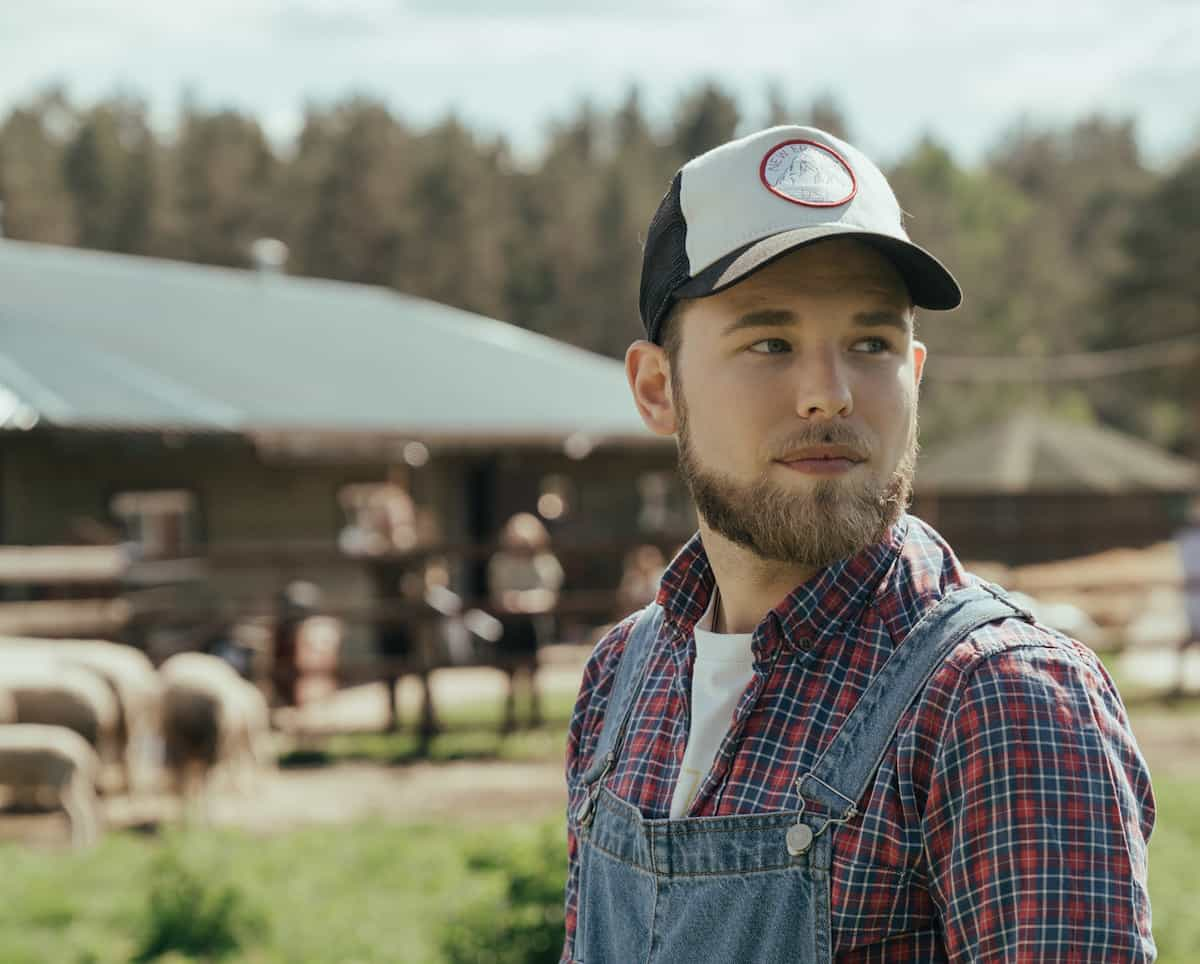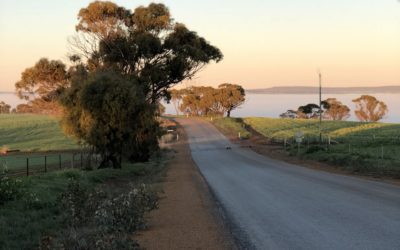Where are the mental health services in our rural communities?
Mental health in our rural communities is a complicated and sometimes contentious topic. The reality? If we don’t talk about it, things won’t change. However, here at Farm Life Fitness (FLF), we are all about the tough conversations; so here we go.
The most recent research from indicates that while the suicide rate in metropolitan areas has stabilised, it’s a different story for rural communities. The findings show an alarming upward trajectory of about 30%.
Let that sit with you for a minute—or as long as you can tolerate—the number of people in rural communities who see no other option than to take their own life is a third higher than in metro areas. These are our friends, our family, and people we see every day in the supermarket or do business with regularly.
Before we go further into Why that may be, I want to impress upon you that this article isn’t about politics; it’s about people. As people living in rural communities, this is something we have to talk about because it impacts us all directly or indirectly.
I also want to clarify that any improvements and interventions directed towards mental health, irrespective of location, are positive and have my 100% support! As a country, we need to improve the well-being of ALL communities. However, my passion and mission are people living rurally, so that is where all my work is focused.
Access to mental health services
Whilst the federal budget has recognised the need for money and interventions to improve mental health services, only a 9th of the roughly $650 million invested is explicitly allocated for rural locations, around $70 million.
You could argue that any investment in mental health will benefit anyone, anywhere – as telehealth and online services can be rolled out nationwide. But can it? How many times has it happened that reception and bandwidth become an issue in rural locations? Do the people on the other end really understand the stresses and strains of farming?
Most practices and models taken into rural communities are based on those in metropole areas where factors like anonymity and access don’t hold the same importance. With stigma and prejudice still attached to reaching out for help in our rural communities, using a prominent space in a small community where clients have to park outside is not going to work.
Unique regional challenges
The struggles we face in rural communities are not the same in metropole; we must focus on addressing this rather than the top-down models used in metropole areas.
What this means is, yes, we need professionals that know what they are doing. But, still, we must approach this with an understanding and empathy that can only come from experience or knowledge regarding farming.
My own experience of the challenges farmers face season after season is why here at FLF, we only work with and advocate for people from rural locations and vocations. Why? Because at FLF, we get it. We live it. We see it. We hear it. To an extent, I believe we need this same practice for rural mental health services.
The research clearly shows that the current government approach is leaving our rural communities behind. We need a targeted, intentional, and sympathetic mental health services strategy for a situation that is much different to this country’s larger city centres.
There are people who understand
If you live or work rurally and are struggling to find support that understands what it’s really like living remote and working in agriculture, please reach out to our team to see how we can help.




